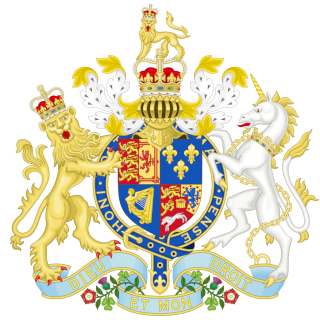
The Papists Act 1778, an Act of the Parliament of Great Britain, is enacted on August 14, 1778, and grants rights of leasing and inheritance to those who have taken the oath of allegiance, the first rolling back of the Penal Laws and the first Act for Roman Catholic relief. Later in 1778 it is also enacted by the Parliament of Ireland.
Before the Act, a number of “Penal laws” had been enacted in Britain and Ireland, which varied between the jurisdictions from time to time but effectively excluded those known to be Roman Catholics from public life.
By this Act, an oath is imposed, which besides a declaration of loyalty to the reigning sovereign, contains an abjuration of the Pretender, and of certain doctrines attributed to Roman Catholics, such as that excommunicated princes may lawfully be murdered, that no faith should be kept with heretics, and that the Pope has temporal as well as spiritual jurisdiction in Great Britain.
Those taking this oath are exempted from some of the provisions of the Popery Act 1698. Although it does not grant freedom of worship, it allows Catholics to join the army and purchase land if they take an oath of allegiance. The section as to taking and prosecuting priests is repealed, as well as the penalty of perpetual imprisonment for keeping a school. Roman Catholics are also enabled to inherit and purchase land, nor is an heir who conformed to the Established church any longer empowered to enter and enjoy the estate of his “papist” kinsman.
The passing of this act is the occasion of the Gordon Riots (1780) in which the violence of the mob is especially directed against William Murray, 1st Earl of Mansfield, who had objected to various prosecutions under the statutes now repealed.
This Act remains on the statute book until it is repealed by the Promissory Oaths Act 1871.
(Pictured: The royal coat of arms of Great Britain, 1714-1801, used by King George I, George II and George III)
